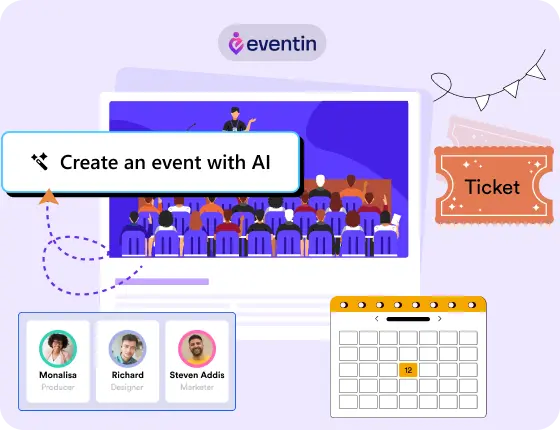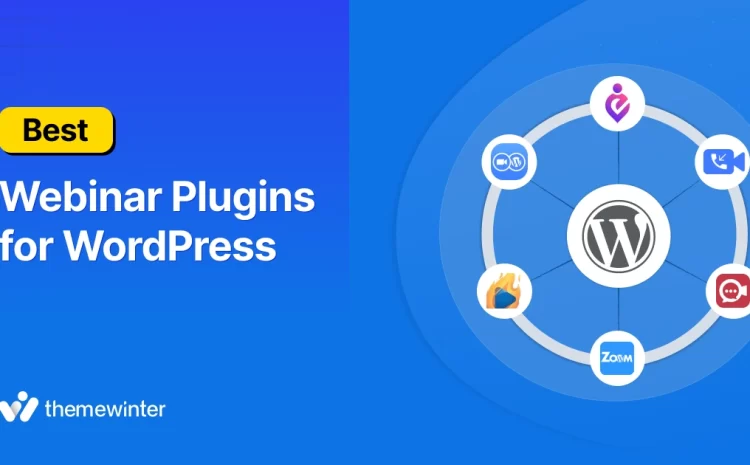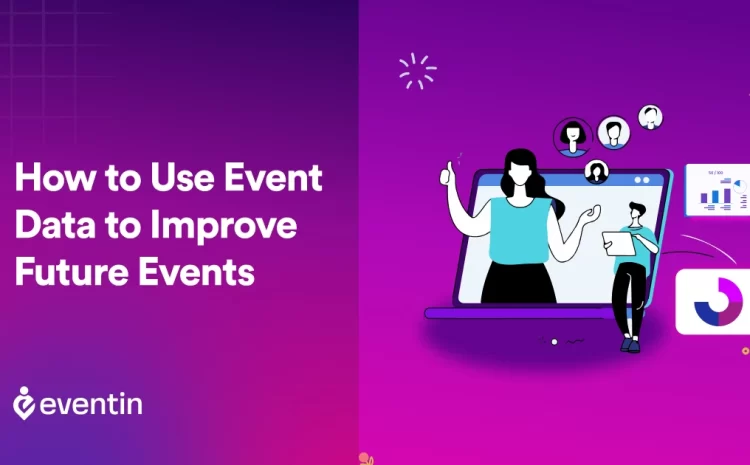How To Start An Event Management Business From Home: 8 Things to Consider
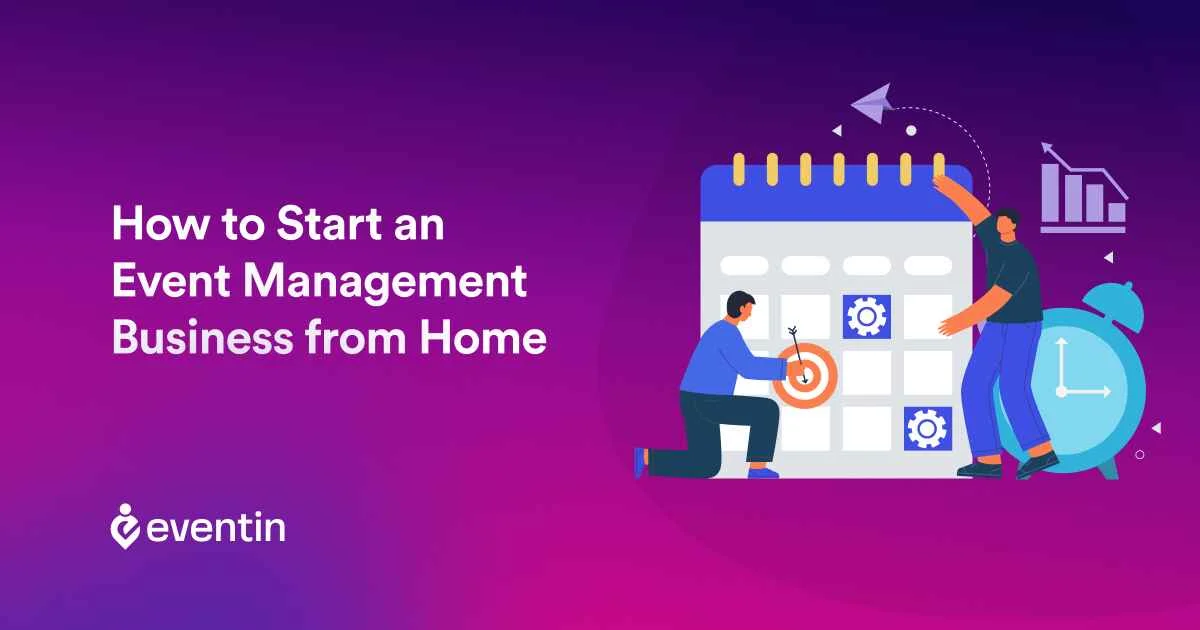
Table of Contents
Starting an event management business from home in 2025 isn’t just a dream — it’s a realistic path for creative entrepreneurs. The growth of virtual events, hybrid gatherings, and advanced digital tools means you no longer need a large office or massive startup budget to succeed.
From weddings and corporate functions to online conferences, there’s a growing demand for skilled planners who can deliver seamless, memorable experiences.
But building a profitable home-based event business takes more than creativity — it requires a clear strategy, the right tools, and strong client relationships.
In this guide, we’ll explore the main advantages of running your business from home, the eight key steps to get started, and the industries most likely to benefit from your services.
By the end, you’ll have a clear roadmap to turn your passion for events into a thriving business.
What are the advantages of the event business from home?

Running an event management business from home offers more than just flexibility — it’s a cost-effective way to enter a high-demand industry without the burden of office rent or heavy overheads.
Thanks to modern tools and event management software for small businesses, you can serve clients professionally while keeping operations lean.
- Lower startup costs: Working from home removes the need for expensive office space and maintenance. You can invest more into essentials like marketing, event tools, and client acquisition instead of paying rent.
- Flexible work environment: No daily commute means you save time and energy. You can adjust your schedule to meet client needs, whether that’s early morning calls with corporate clients or late-night planning for international events.
- Broader client reach: With virtual meeting platforms and WordPress event management plugins, you can work with clients anywhere in the world. This opens up opportunities beyond your local market and allows you to diversify your event portfolio.
- Professional client experience from anywhere: Contrary to the myth that home-based businesses lack professionalism, modern planners can host video calls, share detailed proposals, and manage bookings seamlessly with online event registration tools. A well-organized home office setup can feel just as professional as a corporate meeting room.
- Scalability on your terms: As your client base grows, you can expand your services — from solo projects to a small remote team. Tools like Eventin make it easier to manage events, handle ticket sales, and track attendee data without increasing your workload significantly.
📮 Highlight Feature: Email Automation Builder
Save time and stay connected with your attendees using Eventin’s Email Automation Builder. This drag‑and‑drop tool lets you create powerful email workflows that send messages automatically based on user actions—like ticket purchases, RSVP confirmations, or event reminders.
- Send confirmation emails after ticket purchase
- Automate RSVP responses instantly
- Schedule email reminders before your event
- Set delays, custom messages, and end automation flows
No coding. No hassle. Just smarter event communication.
Try It Now with Eventin →
How to start an event management business from home: 8 Key Steps

Running an event management business from home is not just about creativity — it’s about building a sustainable, service-based operation that meets client needs while maximizing your resources.
These eight steps combine strategy, tools, and real-world best practices to help you launch and grow successfully.
1. Define your niche and create a solid business plan
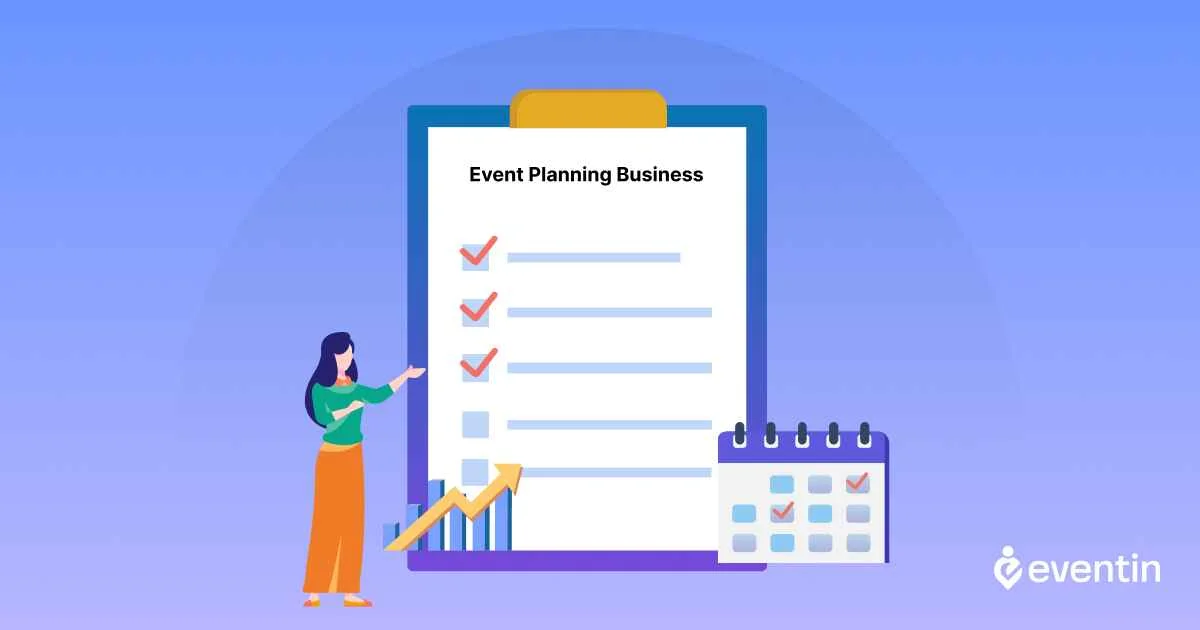
Event management is a big industry, and without a niche, you risk blending into the competition. Instead of marketing yourself as a general event planner, focus on a specialty — such as corporate conferences, destination weddings, fundraising galas, or hybrid online events.
Specialization makes it easier to tailor your services, set competitive pricing, and create targeted marketing campaigns. Clients are more likely to choose someone who specializes in their type of event.
Action steps:
- Self-assessment: Identify your strongest skills, past experiences, and personal interests.
- Business plan: Outline your services, pricing, revenue goals, and marketing strategy.
- Legal setup: Register your business, secure required permits, and consider insurance coverage.
- Brand identity: Create a professional business name, logo, and style guide to ensure consistency.
💡 If you plan to manage virtual or hybrid events, read How to Manage Workshops and Seminars with Eventin to understand how technology can support your niche.

2. Conduct market and competitor research

Market research ensures you’re not walking into a saturated segment without a plan. This means studying demand, understanding pricing norms, and identifying gaps competitors aren’t filling.
Suppose, if your local competitors focus on weddings, you might find opportunities in corporate team-building events or community festivals.
Action steps:
- Analyze trends in the event industry using reports from IBISWorld or EventMB.
- Evaluate competitor websites, service packages, and reviews to see where you can outperform them.
- Use analytics tools like Eventin’s built-in reporting to track attendee behavior for future strategy.
📌 Related: Best Event Management Plugins for WordPress for tools that give you a competitive edge.
3. Identify target industries

Each industry has unique needs, budgets, and timelines for events. Choosing the right sectors ensures that your services remain in demand and your marketing is effective.
Examples:
- Corporate events: Product launches, trade shows, and leadership summits.
- Nonprofits: Fundraising galas, donor appreciation events, and charity runs.
- Social events: Milestone birthdays, anniversaries, and weddings.
Action steps:
- Industry networking: Join LinkedIn groups, attend trade shows, and participate in online forums.
- Research-specific trends: Stay updated on seasonal demands and trends in your chosen industries.
- Tailored marketing: Create different packages for each industry type to address their specific needs.
📌 If you’re looking to expand into nonprofit or corporate spaces, check out How to Get Sponsorships for an Event for strategies to add value to your offerings.
4. Choose the right event management tools

The right tools will save you hours of manual work and help you deliver a professional experience to your clients. Modern event planning requires software that can handle registrations, ticketing, scheduling, and attendee communication from a single platform.
Action steps:
- Core software: Choose a versatile solution like Eventin that offers ticket sales, recurring event creation, attendee management, and analytics.
- Integrations: Look for tools that connect with CRMs like FluentCRM or Groundhogg to manage customer relationships.
- Scalability: Select tools that can grow with your business so you won’t have to switch systems later.
📌 Read our complete list of Best WordPress Event Management Plugins for more options.
5. Set up your event management website

Setting up your event management website is like opening the doors to your virtual office. It’s where potential clients will discover your services, view your portfolio, and get in touch with you. By investing in a well-designed and informative website, you’re creating a strong online presence that will help drive your business forward.
A well-designed website portrays professionalism and trustworthiness to potential clients. Your website serves as the hub for all your marketing efforts, including social media and email campaigns. Clients can access information about your services and contact you 24/7. Setting up your event management website is not just about aesthetics; it’s a strategic move. Here’s why it’s crucial and how to go about it:
Action steps:
- Service showcase: Display your event packages, past work, and testimonials.
- Booking integration: Include a calendar where clients can check availability and book instantly.
- Content strategy: Add a blog with event tips to position yourself as an expert and boost SEO.
To set up an event management website, you can keep Eventin in your WordPress dashboard. Eventin comes with Oxygen Builder. You can easily create a perfect event management website with Oxygen Builder. If you want to design, there’s an option too! Eventin now supports DIVI and Bricks Builder. Design the ideal event management website with ease.
6. Promote your brand smartly

Promoting your brand is the heartbeat of your event management business. It’s how you make your mark in the industry, attract clients, and nurture lasting relationships. By crafting a strategic brand promotion plan and staying committed to your brand’s values, you’ll set the stage for business growth and success.
Effective promotion enhances brand recognition, making your business memorable. Consistent and authentic promotion builds trust with your target audience. Your strategic promotion can lead your business to increased client inquiries and bookings.
Promoting your brand is more than just marketing; it’s about building a lasting impression. You can utilize platforms like Facebook, Instagram, and LinkedIn to showcase your events, share industry insights, and engage with your audience. As soon as possible, start a blog on your website to share event planning tips, success stories, and relevant content to position yourself as an expert. Don’t forget to attend local and online events, join industry associations, and connect with potential clients and collaborators.
Action Steps:
- Social media: Post behind-the-scenes content, event recaps, and planning tips.
- Email marketing: Send regular updates and offers to your subscriber list.
- Networking: Attend community events, join professional associations, and build relationships with vendors.
You’ll be amazed to learn that Eventin can promote your brand too! Eventin empowers you to create professional event pages that reflect your brand’s identity, including custom registration forms and branding elements. You can also have dedicated pages to showcase speakers and organizers with their bios, social media links, and more, reinforcing your event’s credibility.
Eventin simplifies the process of setting up events, whether they’re single or Recurring Events, enabling you to showcase your offerings effectively. You can also connect with Groundhogg, FluentCRM, and other marketing tools through Eventin to automate campaigns, saving time and improving outreach.
Through your event manager plugin Eventin, you can run an Email Campaign and promote your brand. These emails can work as reminders, and you can also write the email body according to your choice, for networking and other.
📌 Get inspiration from our Best Event Promotion Strategy guide for high-ROI marketing ideas.
7. Set up the type and pricing of your service

Offering your service kinds and pricing is similar to creating a menu for your event management company. It is a strategic decision that must be consistent with your brand, client expectations, and financial objectives. You’ll be better positioned to recruit and serve a wide range of customers if you provide a well-rounded arrangement of services and price alternatives.
Setting up the type and pricing of your event management services is a pivotal step that requires careful consideration. You can offer different service tiers, such as full event planning, day-of coordination, or consulting, to cater to various client needs.
Consider pricing models like flat fees, hourly rates, or percentage-based fees, depending on the services you provide. Create packages that bundle services for weddings, corporate events, or other niches to attract clients looking for comprehensive solutions. You can also differentiate between virtual events pricing and offline service pricing.
Action steps:
- Research competitor rates and adjust based on your value proposition.
- Offer early-bird discounts or referral incentives to attract first-time clients.
- Use multi-tier ticket pricing in Eventin to manage various service levels efficiently.
With Eventin, you can create different tiers of event tickets to suit your pricing strategy. You can use Eventin to specify rates for several ticket classes, like “Early Bird,” “Regular,” and “VIP,” to accommodate a range of attendee preferences.
You can add the Visual Seat-Plan service to your business. This will help you create and share the plan with your clients so that both of you can be on the same page.
If you wish to run promotional campaigns or offer discounts, Eventin supports WooCommerce coupons for events. This feature lets you create various coupon types, such as percentage discounts, fixed cart discounts, or fixed product discounts, adding versatility to your pricing strategy.
And don’t worry about payment gateways! Event manager plugin Eventin seamlessly integrates with the Stripe payment system, offering a secure and convenient payment gateway for your clients. They can easily purchase event tickets and services, enhancing the user experience.
8. Manage team and clients like a pro

Now that you are almost done with setting up the business, you can think about recruiting and managing staff and clients. Managing staff and clients initially sets the stage for long-term success.
By creating a positive and professional environment for your team and providing exceptional service to your initial clients, you’ll lay a solid foundation for your event management business’s growth and reputation.
A well-organized team can execute events smoothly, leaving a positive impression on clients. Your exceptional service and client care can lead you to repeat business and referrals.
Action steps:
- Client onboarding: Set expectations and timelines from the start.
- Vendor coordination: Build relationships with trusted suppliers for smooth event execution.
- Feedback process: Collect client reviews after each event to improve services and build credibility.
You can use Eventin to maintain open and timely communication with your staff as well as clients, facilitating collaboration and problem-solving. Set up one-to-one or one-to-many virtual meetings with both your staff and clients.
You can also send them notifications for any important message or notify customers about their subscription status through Email and SMS. You can also create a community through Eventin and BuddyBoss and build hype among everyone.
📌 Learn more in our How to Communicate with Your Event Team article.
Industries and businesses that benefit most from event management websites

Event management websites aren’t just for professional planners — they’re a powerful tool for any business or organization that hosts events regularly.
From handling registrations to promoting upcoming occasions, a well-designed site powered by an event management plugin can simplify operations, improve attendee experience, and boost revenue.
Here are some of the industries that gain the most from having a dedicated event management website:
1. Wedding and social event planners
Weddings, engagement parties, and milestone celebrations require precise coordination. An event website can display service packages, showcase past events, and allow couples to book consultations online.
If you specialize in weddings, explore how to create a Customized Ticket with Eventin for personalized RSVP and guest management features.
2. Corporate Event Management Companies
From annual conferences to product launches, corporate events demand professionalism and seamless organization. A website with an integrated event registration system helps businesses manage attendees, send automated reminders, and provide virtual access for remote participants.
Related read: How to Manage Multiple Events in WordPress — perfect for agencies handling simultaneous corporate functions.
3. Event Venues and Rental Spaces
Venues benefit from event websites by offering an online booking calendar, displaying capacity and amenities, and selling tickets for in-house events. Partnering with event planners via the same platform can also increase venue utilization.
Check out Choosing a Venue for an Event for tips on optimizing venue presentation.
4. Nonprofit Organizations and Charities
Nonprofits often host galas, fundraisers, and awareness campaigns. A centralized event website allows them to sell tickets, accept donations, and share event impact stories — all in one place.
Learn how to attract sponsors with our guide on how to get sponsorships for an event.
5. Professional Speakers and Trainers
Keynote speakers, workshop hosts, and industry trainers can use event websites to manage speaking engagements, sell workshop tickets, and share educational resources. Integrated email tools can keep attendees engaged before and after events.
6. Community Groups and Associations
Local clubs, cultural associations, and community organizations can streamline event announcements, sign-ups, and ticketing through a central event site. This makes managing recurring activities much easier.
If your group hosts ongoing programs, our how to create recurring events in WordPress guide can help.
7. Entertainment and festival organizers
Concerts, food festivals, and art exhibitions often require large-scale ticketing and promotion. An event website can handle everything from tiered ticket pricing to visual seat plans for attendees.
Frequently asked questions (FAQs) about starting an event management business from home
1. Is it profitable to start an event management business from home?
Yes. With low overhead costs, flexible working hours, and the ability to target both local and virtual markets, a home-based event management business can be highly profitable. Success depends on specialization, strong client relationships, and effective use of tools like WordPress event management plugins.
2. What skills do I need to run an event management business from home?
You’ll need strong organizational skills, time management, creativity, communication abilities, and a basic understanding of budgeting and marketing. Technical skills, like using online booking and event management software, are also essential.
3. How do I get my first clients as a home-based event planner?
Start by networking in your target industry, offering introductory discounts, collaborating with vendors, and promoting your services on social media. You can also publish helpful guides and event tips to attract organic leads.
📌 Related: Best Event Promotion Strategy
4. What tools should I use for managing events from home?
Use an all-in-one event management solution like Eventin for ticketing, scheduling, attendee communication, and analytics. Complement it with marketing tools like FluentCRM or Groundhogg for client relationship management.
5. Can I run both in-person and virtual events from home?
Absolutely. With the right software, you can manage registrations, send invites, host online sessions, and coordinate in-person logistics — all from your home office.
📌 Related: How to Run a Successful Virtual Event
6. How can I price my event management services?
You can charge a flat fee, an hourly rate, or a percentage of the event budget. Many planners also offer tiered packages. Research competitor pricing and consider using tools like multi-tier ticket pricing to manage different client needs.
Wrap-up
Adaptability and client-centeredness have become essential as the event management sector develops. You are all set up for success if you have the proper equipment, legal knowledge, and analytical insights. It’s time to seize on your passion and leave your impact on the events industry.
Let Eventin help you smooth the course of your journey with advanced features and analytics when you start an event management business from home.
